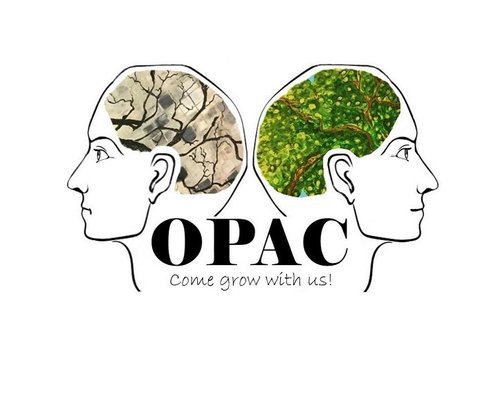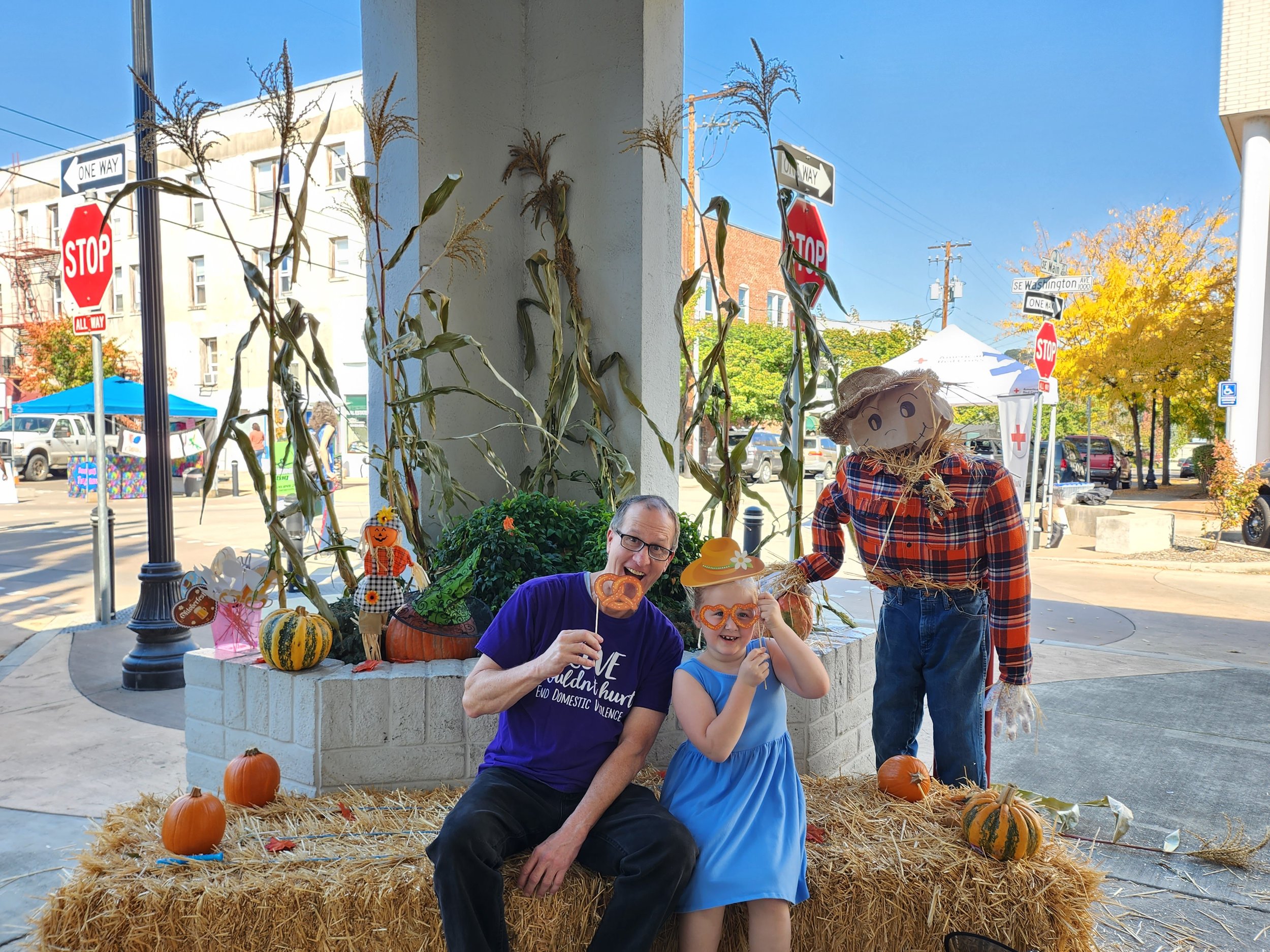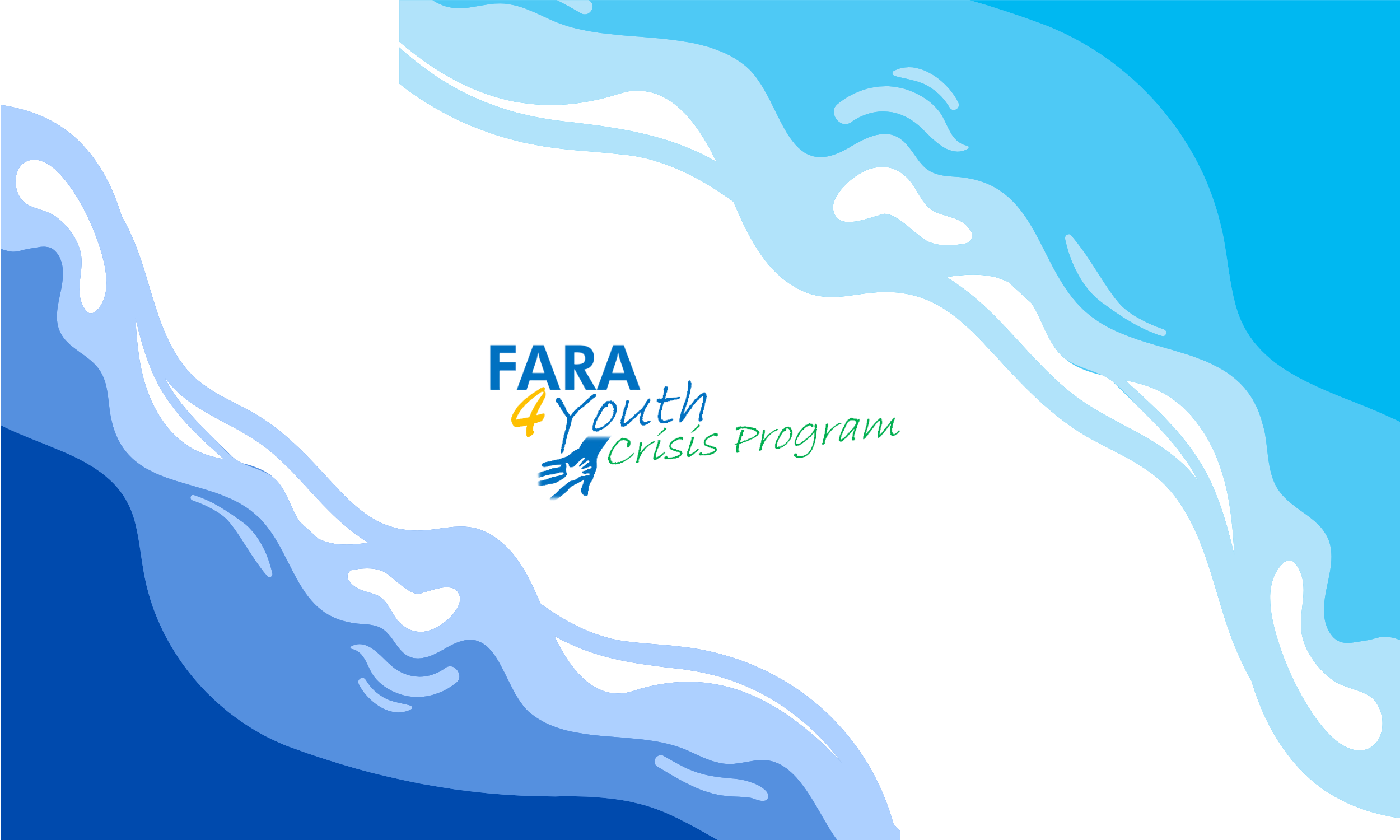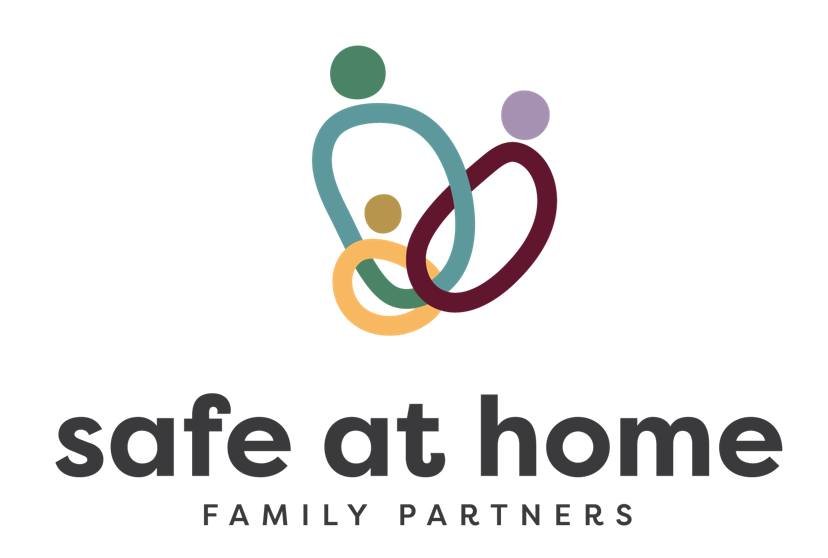
Explore our services
-

OUTGROWING POWER ANGER & CONTROL PROGRAM
The OPAC program offers a comprehensive 36-week group approach designed to break the cycle of power, control, and abuse. Focused on fostering connection, education, accountability, and the reconstruction of thinking and emotional tools, the program addresses the root causes of abusive behaviors. Emphasizing that abusive actions are choices, the classes guide clients in developing healthier thinking and behavioral skills to replace negative patterns acquired in their upbringing.
Mandatory weekly attendance for 36 weeks, with 90-minute sessions led by professional facilitators, ensures a consistent and supportive learning environment. The program employs evidence-based practices such as Cognitive Behavioral Therapy, Collaborative Problem Solving, Motivational Interviewing, and other interventions to empower clients in their journey toward positive change.
-

TIPS PROGRAM
The True Insight Parenting Strategies (TIPS) program takes parenting beyond the basics, delving into a comprehensive approach that explores the intricacies of parent-child relationships. Going beyond traditional parenting methods, TIPS examines how parents' personal history and relationships influence their thoughts, beliefs, and responses to their children. The classes emphasize understanding attachment patterns, enhancing parental emotional awareness, and incorporating brain-based interventions like collaborative proactive solutions, filial play therapy, and trust-based relational interventions. This brain-based and attachment-focused approach aims to enhance parental emotional intelligence and self-regulation, fostering secure attachment patterns for children.
Rooted in a philosophy centered on empathy, humility, generosity, and servant-leadership, TIPS focuses on building positive relationship patterns. The program sees parenting as a high calling, emphasizing the importance of modeling values, morals, responsibility, and compassion to shape children's development. Expectations for participants include learning brain-based strategies for calming, utilizing problem-solving methods from collaborative and proactive solutions, engaging in filial play therapy practices, and incorporating trust-based relationship interventions. The program also addresses the impact of trauma on children and the awareness of personal trauma effects on parenting, providing a comprehensive survey of effective parenting concepts for practical and proactive implementation.
-

INDIVIDUAL THERAPY
Robert Miller, MSW, LCSW, brings a personalized and empathetic philosophy to therapy, recognizing the profound impact of early life experiences on the formation of beliefs and values. Emphasizing the uniqueness of each individual, Miller believes therapy is a space for self-exploration, understanding personal motivations, and cultivating growth. His approach involves utilizing a diverse range of evaluative tools, interventions, and approaches tailored to the specific goals of each client. Adhering to the ethical standards outlined by the Oregon Board of Licensed Professional Counselors and Therapists, Miller aims to equip clients with new techniques and skills to strengthen relationships and pursue life goals.
In the therapy process, Miller explores various aspects, including family dynamics, faith, cultural background, impactful life events, and personal aspirations. With a background in education and a Master of Social Work from Arizona State University, Miller brings extensive experience, including training in Domestic Violence Intervention Programs, Moral Reconation Therapy (MRT), and Play Therapy for children. His involvement in organizations like The Family Development Center, Umpqua disAbilities Network, and Battered Person’s Advocacy showcases his commitment to diverse community needs. Passionate about helping individuals find their intrinsic value and navigate life's challenges, Miller's motto, "Without Connection, There Can Be No Influence," underscores the importance of meaningful connections in the therapeutic journey. He acknowledges the potential risks in therapy, emphasizing that both positive and negative impacts may occur, acknowledging the healing process's challenges.
-

FARA4 Youth
FARA 4 Youth is dedicated to creating safe environments for children to thrive by offering safety, support, and therapeutic education to struggling families and at-risk children in Douglas County. The organization's mission centers on providing a foundation for restoration and rebuilding lives.
The Food Pantry at FARA 4 Youth serves youth (11-17) and their families facing crises or homelessness, operating during business hours from 9-5. This essential service ensures access to food for those in need. Additionally, the Learning Lab offers a resourceful space with computers, printers, and Wi-Fi, supporting educational and career-related activities such as homework, job applications, and college applications. Open during business hours, the Learning Lab contributes to fostering educational opportunities for the community.
The Resource Room further extends FARA 4 Youth's support, catering to youth (11-17) and their families at risk of homelessness. Open during business hours, this space provides essential supplies for individuals experiencing homelessness, including clothing, childcare items, hygiene products, school supplies, and various other resources. FARA 4 Youth's multifaceted approach addresses immediate needs while creating a supportive environment for vulnerable youth and families to rebuild their lives.
-

Safe at Home
Safe at Home helps children exit foster care and reunify with their families by expanding support for in-home safety.
Oregon requires an in-home safety plan for children exiting foster care in order for them to return home and remain there. Typically, parents are asked to identify friends and family who can help monitor the in-home child safety plan. Unfortunately, many of these families are experiencing broken relationships or social isolation, or have concerns related to a potential volunteer’s personal background check, etc.
Safe at Home’s Volunteer Family Partners fill this need by monitoring in-home child safety plans for children who are transitioning from foster care back to living with their families.
“WITHOUT CONNECTION, THERE CAN BE NO INFLUENCE.”
-CREATING SAFE ENVIRONMENTS FOR CHILDREN TO THRIVE-
